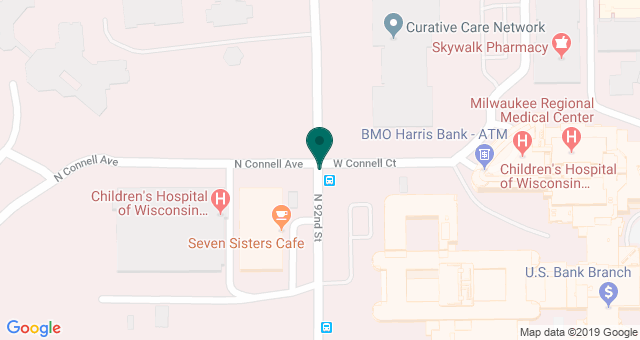
Theodore MacKinney, MD, MPH, FACP
Professor
Location
- Internal Medicine - Froedtert Hospital Specialty Clinics
- 8850 William Coffey Dr.
- Milwaukee, WI 53226
Specialties
- Internal Medicine
Established Patients Call
Overview
Diseases and Conditions
- Hypertension
- Warts
- Skin Tags
- Moles
- Asthma/COPD
Treatments and Services
- Chronic Disease Management
- Health Maintenance and Prevention
- Wound Care
- Contraception Management
- Laceration Care
- Sports Physicals
- Joint Injections
- Skin Biopsies
- Diabetes Management
- Incision & Drainage
- Preventative Care
- Virtual Visit
Patients Ages Seen
- Adult
- Senior
Languages
- Nepali
- English
Hospital Affiliations
- Froedtert Hospital – Milwaukee
Board Certifications
- Internal Medicine
Clinic Locations
Internal Medicine - Froedtert Hospital Specialty Clinics
- 8850 William Coffey Dr.
- Milwaukee, WI 53226
- (414) 805-6850
- Get Directions

Biography
Theodore MacKinney, MD '85, MPH, has had an unusual career path. After his Internal medicine training at Johns Hopkins University, and an MPH in global health, he started providing care in rural Nepal in 1993. He worked in a small village he would call home for six years. Starting with primitive temporary facilities, he built a 20-bed mission hospital where previously there had been no reliable health care. Built along an ancient trade route, Living River Health Services serves a population of half a million people at a time when there were no other doctors. Since 2000, the hospital has been nationalized, and is now thriving under leadership of a national NGO.
Dr. MacKinney has spent the better part of his professional life serving and living among the poor in Nepal with his wife, Rachel and their three children. While not glamorous, this path has been rewarding and certainly significant to the many people he has helped. It was in this setting that he refined clinical skills, including a focus on procedural skills and wound care.
"This was not just a career choice—it was a life calling to serve people who are the most needy. It is also a spiritual calling for us. It has been deeply satisfying to make such a difference in people's lives'" said Dr. MacKinney. He has been stateside since 2005 and has risen through the ranks to Professor of Medicine at the Medical College of Wisconsin. He has won numerous awards for his service and teaching.
He now works in the General Internal Medicine Clinic at Froedtert Hospital where he serves as the Medical Director. He sees a wide variety of patients and offers clinic-based procedures and wound care to those in need. He is helping to prepare the next generation of competent caring physicians by regularly teaching medical students and residents.
In his free time, he is an avid cyclist, loves to hike and going “birding” with his wife, and is a skilled woodworker.
Education and Training
Doctor of Medicine - Medical College of Wisconsin - Milwaukee, WI (1985)
MPH - Johns Hopkins University School of Medicine - Baltimore, MD (1988)
Residency in Internal Medicine - Johns Hopkins Bayview Medical Center - Baltimore, MD (1985-1988)

